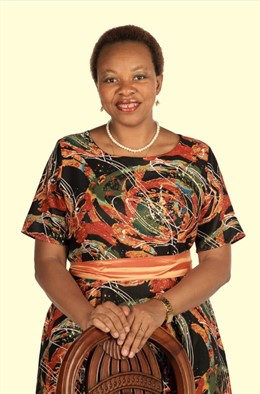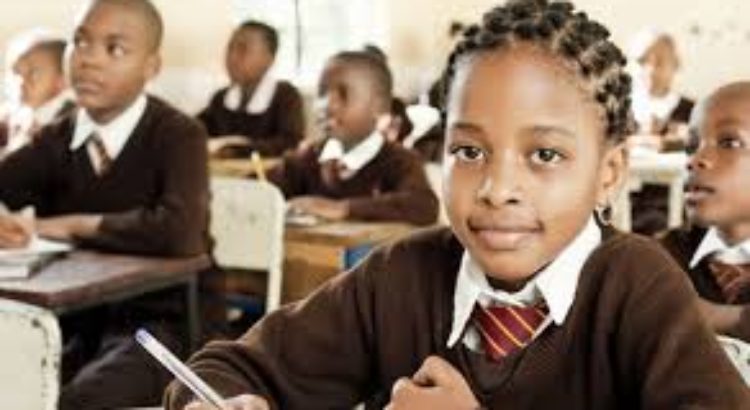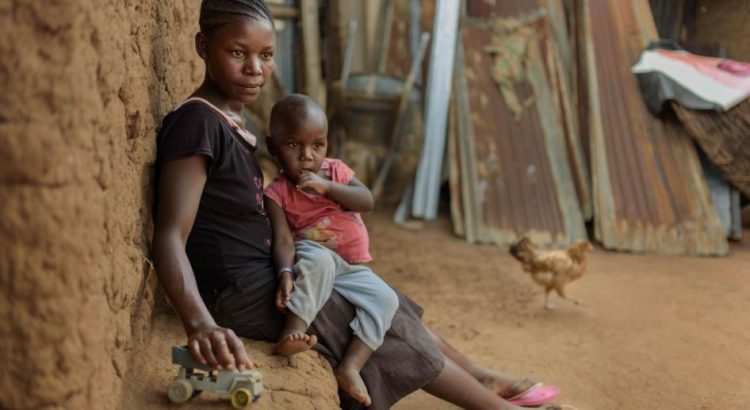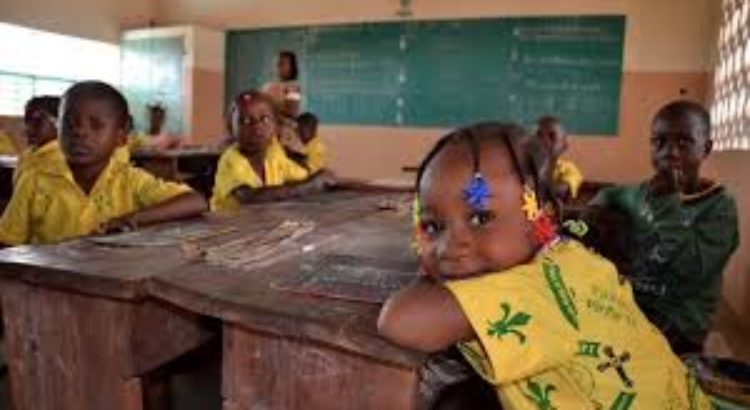Por: opusdei.org/16-01-2019
El Premio Harambee España a la Promoción e Igualdad de la Mujer Africana, patrocinado por los Laboratorios René Furterer, ha sido concedido este año a la farmacéutica nigeriana, Ebele Okoye, como promotora del Proyecto social AMAD de Women Board.
Vendrá a Madrid para recoger el premio el próximo 6 de marzo, de manos de S.A.R. Doña Teresa de Borbón dos Sicilias, Presidenta de Honor de Harambee.
Ebele Okoye, sin abandonar su profesión de farmacéutica, desarrolla un ambicioso proyecto en las comunidades de Iloti, Irawo y Odelewu de las regiones de Nsukka, Ibadán y Lagos, en el sudoeste de Nigeria.
Su proyecto tiene como objetivo:
– La alfabetización de niñas para que puedan incorporarse al sistema escolar
– Proporcionar a las adolescentes autoestima, habilidades para la vida y refuerzo escolar
– Proporcionar servicios médicos y dentales básicos a los más pobres
– Capacitación profesional de mujeres y acceso a microcréditos
– Obtención de habilidades en la industria artesanal: fabricación de textiles, jabón líquido, tintado de tejidos, panadería y pastelería
– Adquisición e instalación de herramientas y máquinas simples para el procesamiento de la yuca
– Gestión de recursos para aumentar la productividad
– Gestión con proveedores de microcréditos y administración de los mismos
Ebele Okoye nos dice que la gran desigualdad en su país no es solo entre hombres y mujeres sino sobre todo entre unos pocos muy ricos y la mayoría muy pobre. “En las zonas rurales las mujeres están totalmente sometidas”. Ella sabe que formando a las mujeres, para que puedan ganarse la vida y ser independientes, a las adolescentes para que no abandonen los estudios o aprendan un oficio y facilitando a las niñas el acceso a la educación, África puede cambiar en pocos años, porque son las mujeres las que transmiten la educación, la cultura y la tradición. “Educando a una mujer, nos dice, se educa a toda la familia y con las familias a todo el país”.
“África, asegura, necesita líderes responsables y el proyecto AMAD es un modelo excelente porque no solo imparte seminarios de liderazgo, sino que también aborda los problemas sociales, especialmente la lucha contra la pobreza. Como ejemplo, la aplicación del programa AMAD en la comunidad de Iroto, en el área del gobierno local de Ijebu-Ode, del estado de Ogún se han beneficiado cerca de 4.000 mujeres y niños de la zona”.
Harambee –que en swahili significa todos juntos- es un proyecto internacional de solidaridad con África subsahariana que colabora con proyectos educativos, sanitarios o asistenciales, impulsados y realizados por los mismos africanos en sus países. Todos sus voluntarios trabajan de forma solidaria, sin percibir remuneración alguna. En 2018 Harambee desarrolla proyectos en Benín, Bwrundi, Congo, Camerún, Costa de Marfil, Kenia, Nigeria, Rwanda, Sudáfrica, Togo y Uganda.
René Furterer – marca de los laboratorios Pierre Fabre, ofrece una gama de cuidados de cuero cabelludo y cabello, así como una serie de rituales que conforman una experiencia única y personalizada al servicio de la belleza capilar. Formulados a base de aceites esenciales 100% naturales y extractos de plantas rigurosamente seleccionados por sus propiedades específicas, los cuidados René Furterer aportan unos beneficios rápidos, visibles y duraderos.
Como marca precursora en el uso del karité en cosmética, René Furterer ha iniciado una colaboración a largo plazo con una joven organización productora de karité en Burkina Faso. De esta manera mejora día a día las condiciones de trabajo de más de 200 mujeres, proporcionando a los productos para cabellos muy secos de la marca, una manteca con la garantía KARITÉ ÉTICO, elaborada sumando la tradición africana más auténtica, a nuestro rigor farmacéutico. Este junto con otros proyectos solidarios, convierten a la marca René Furterer, en una marca equitativa, solidaria y responsable.
*Fuente: https://opusdei.org/es-es/article/ebele-okoye-premio-harambee-promocion-igualdad-mujer-africana/












 Users Today : 18
Users Today : 18 Total Users : 35460321
Total Users : 35460321 Views Today : 22
Views Today : 22 Total views : 3419050
Total views : 3419050